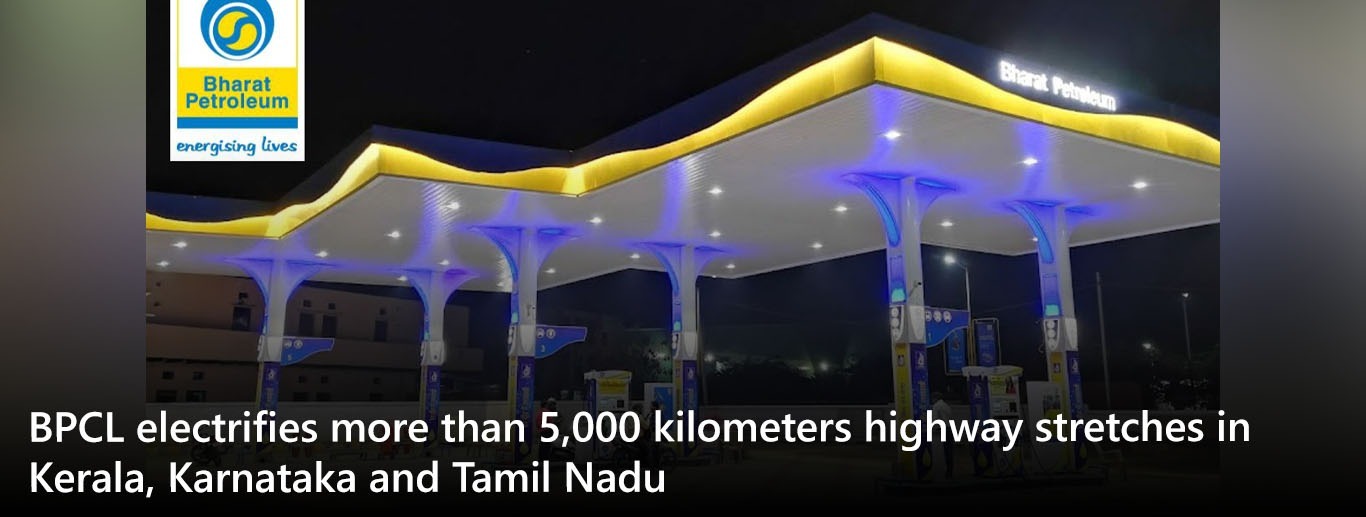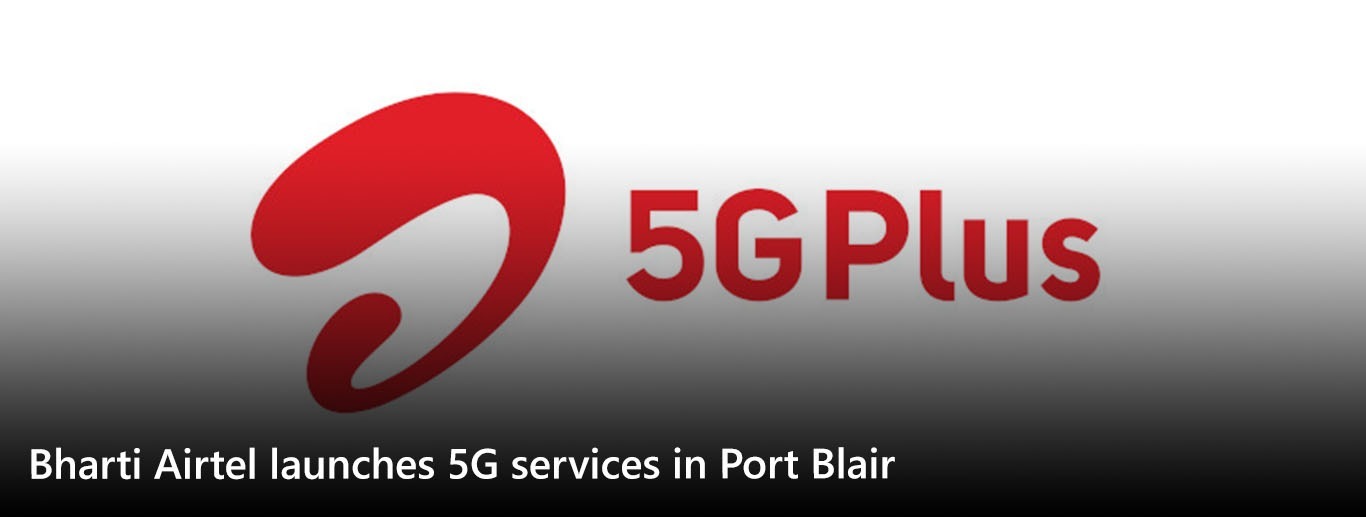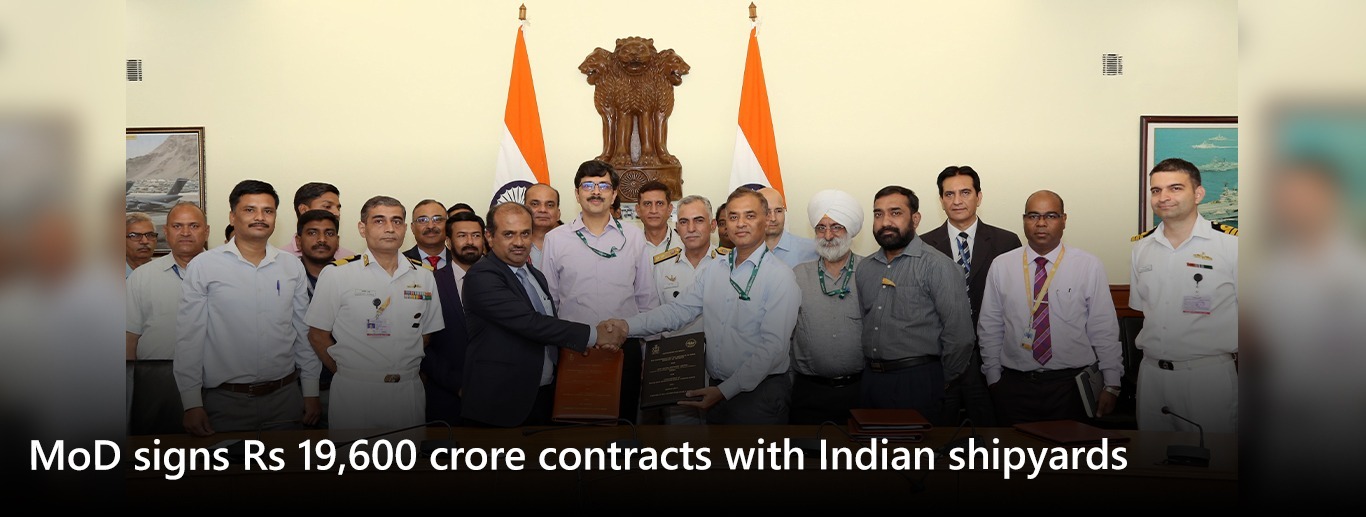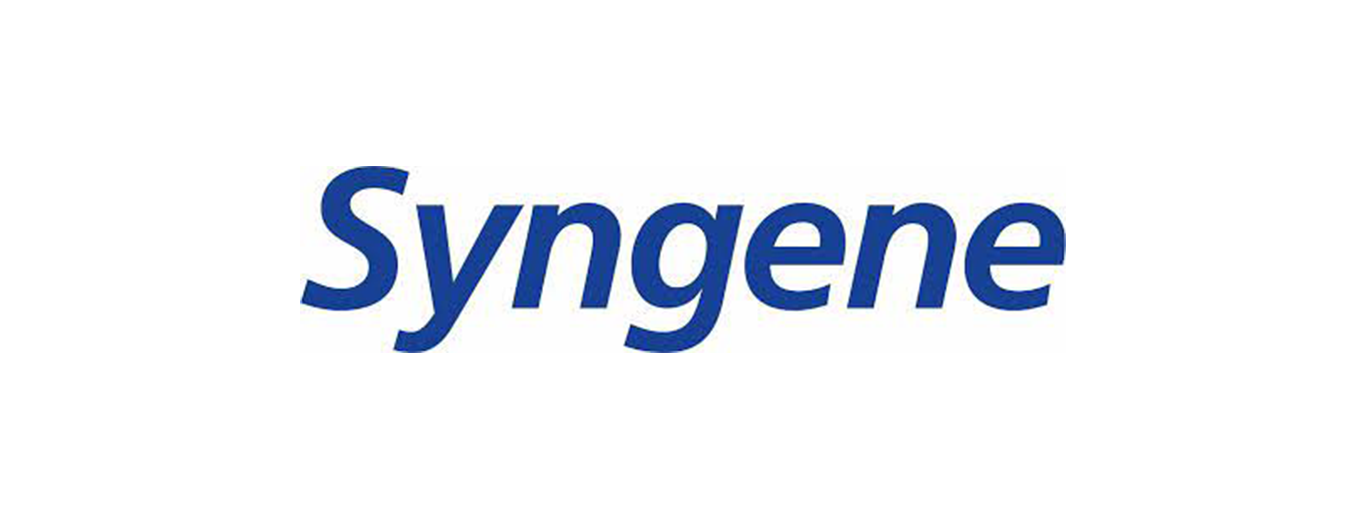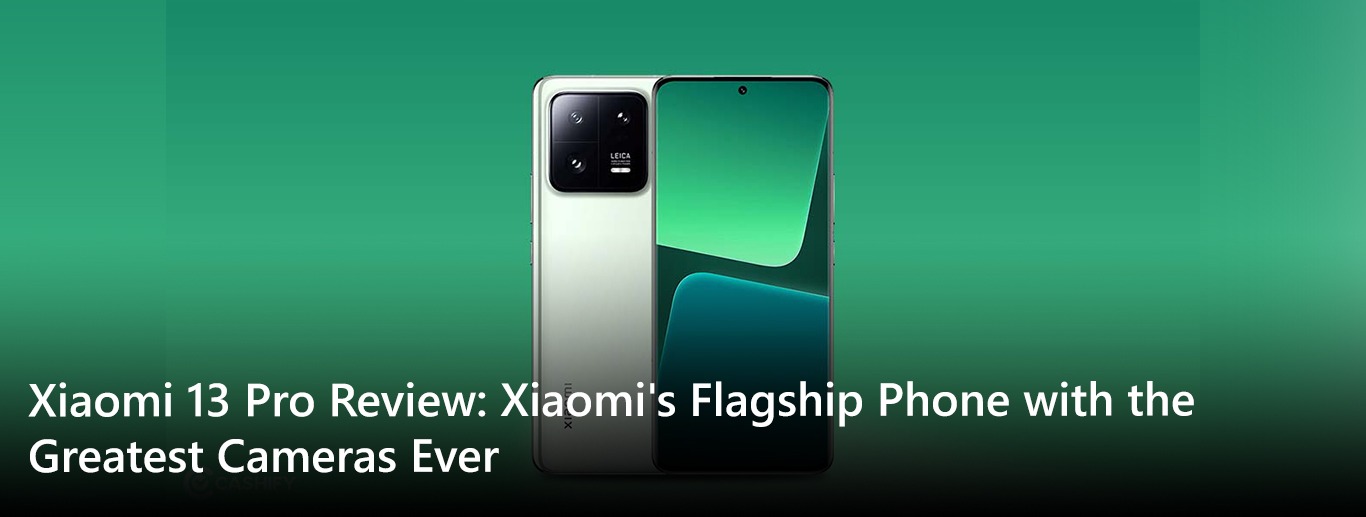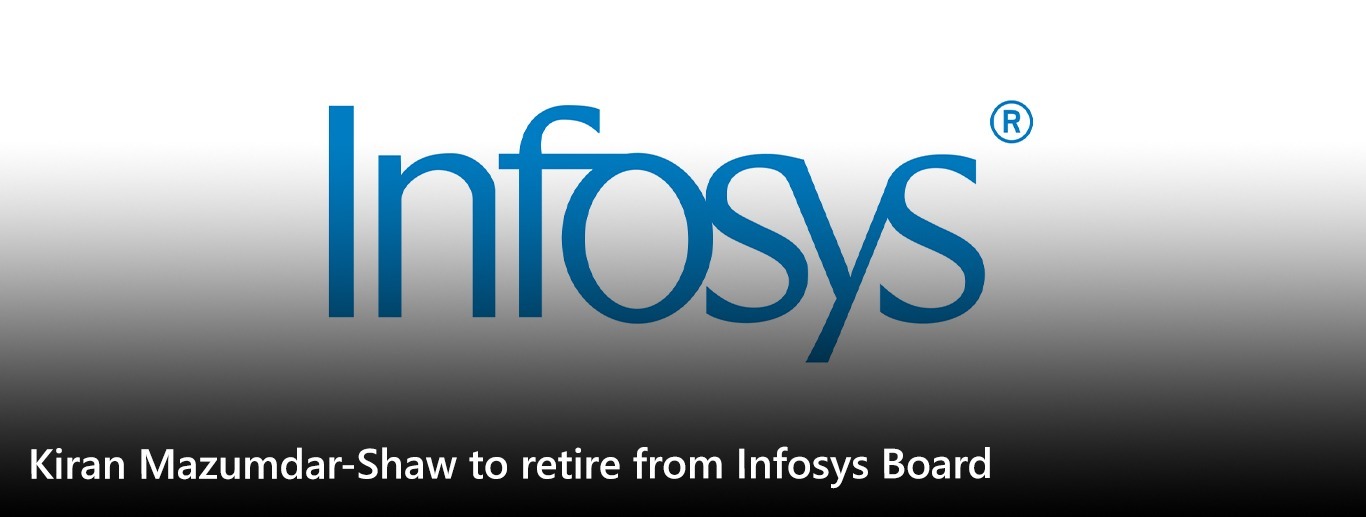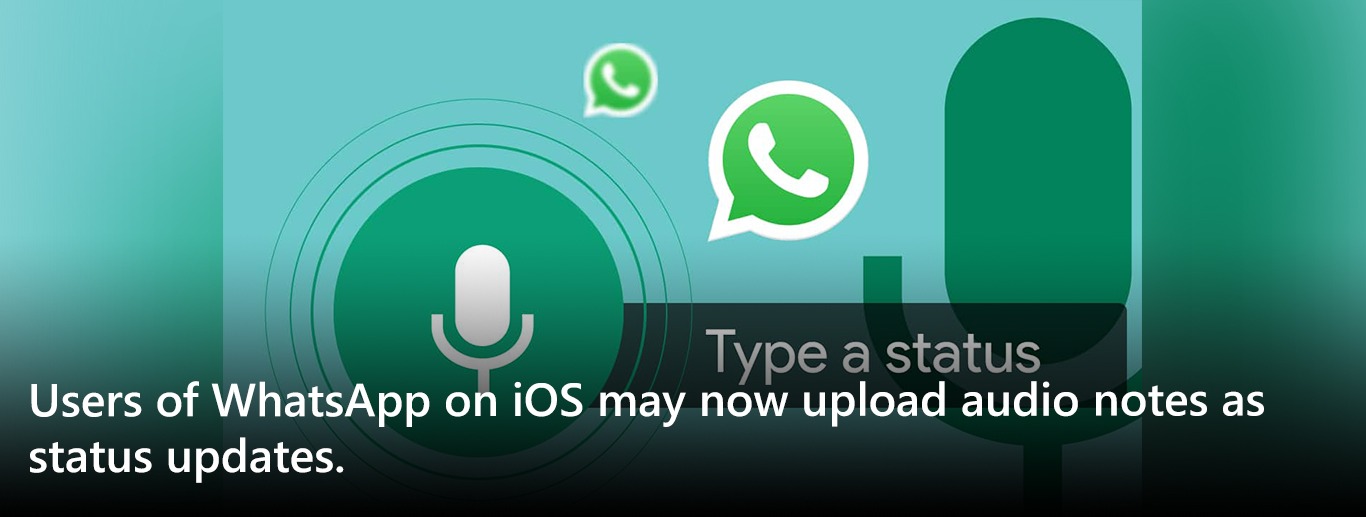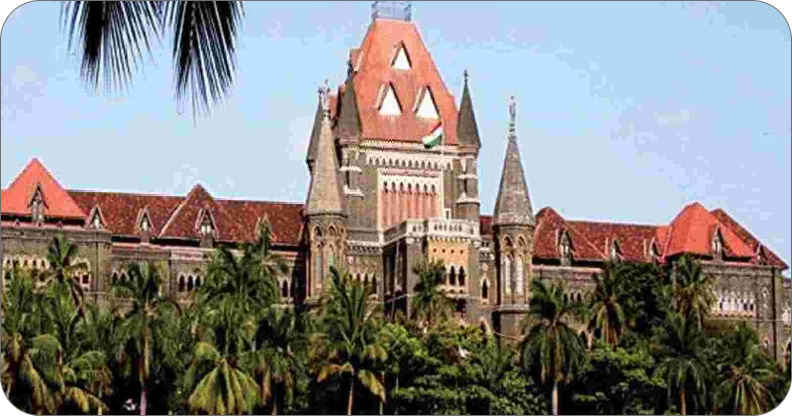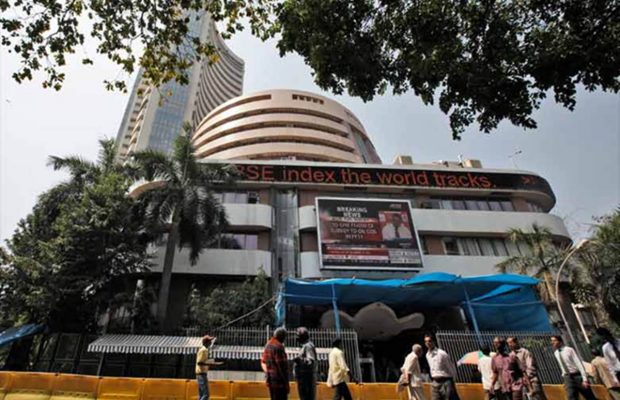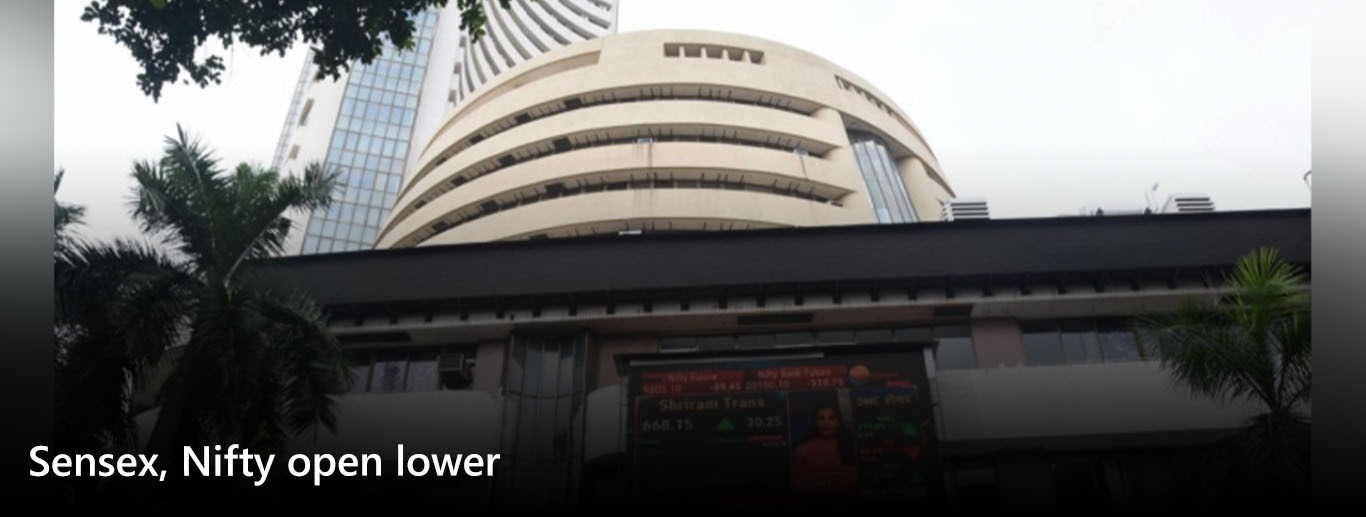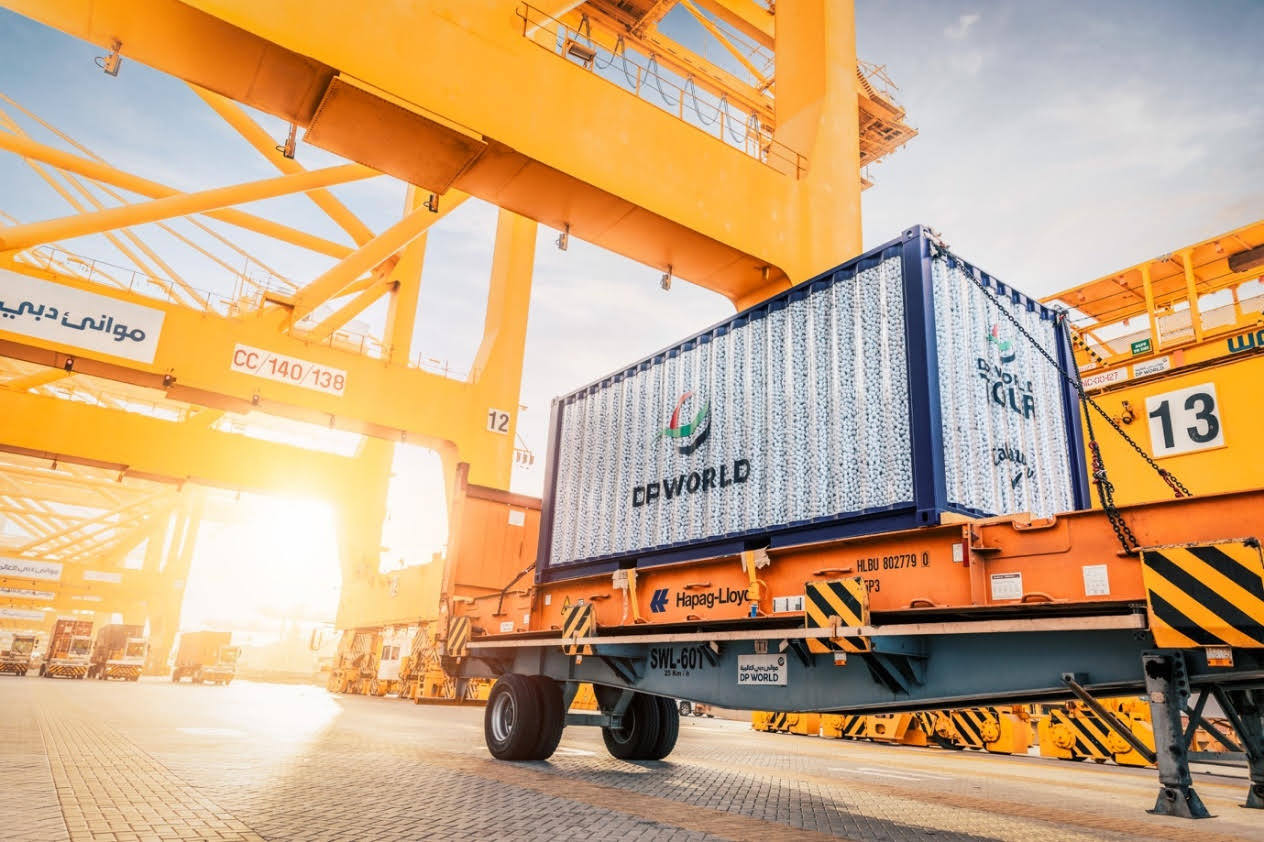UPDATE
April 3, 2024
Amazon intends to launch its first Internet satellites in 2024 to compete with Elon Musk's SpaceX, among others.
Project Kuiper, Amazon's satellite Internet unit, will begin mass production of the satellites later this year.
Amazon.com aims to launch its first Internet satellites into space in the first half of 2024, followed by early commercial testing, the firm announced Tuesday, as it prepares to compete with Elon Musk's SpaceX and others to deliver worldwide broadband Internet.
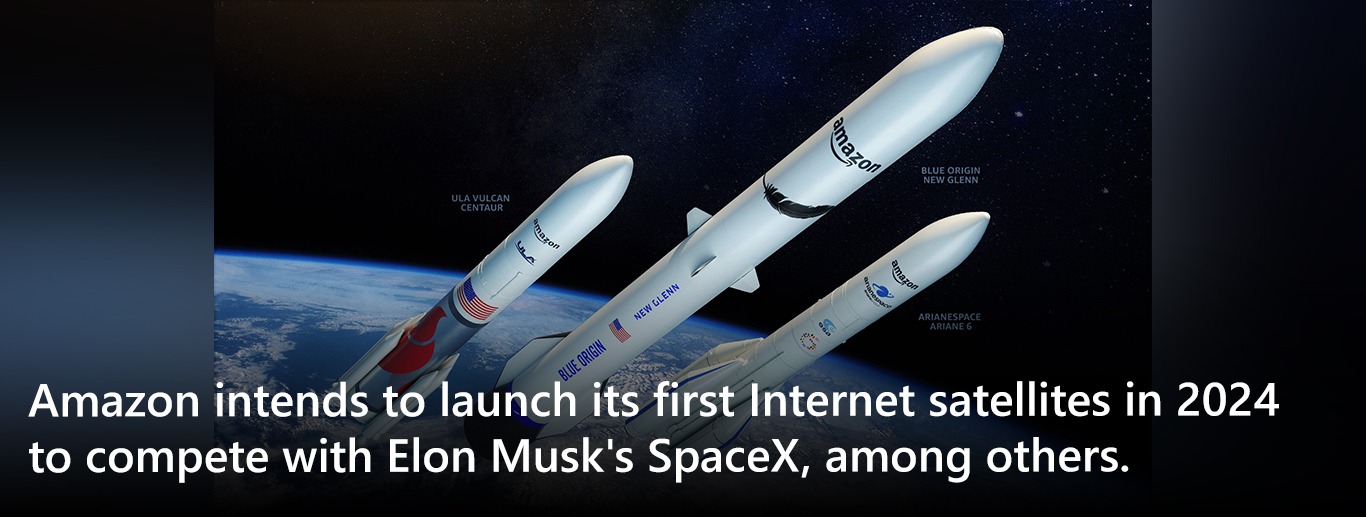
Amazon.com aims to launch its first Internet satellites into space in the first half of 2024, followed by early commercial testing,
According to the firm, Amazon's satellite Internet branch, Project Kuiper, will begin mass-producing the satellites later this year. They are the first of over 3,000 satellites that the technological behemoth intends to put into low-Earth orbit over the next few years.
"We'll absolutely be beta testing with business clients in 2024," said David Limp, senior vice president of Amazon devices, at a Washington, DC, conference.
The 2024 deployment deadline would leave Amazon on schedule to meet a legal need to launch half of the planned Total network of 3,236 satellites by 2026. Limp, who leads Amazon's consumer device business, stated that the firm intends to build "three to five" satellites every day to meet that target.
Amazon sees its experience producing millions of devices from its consumer electronics powerhouse as an advantage over rival SpaceX, the Musk-owned space company whose Starlink network already has roughly 4,000 satellites in space, with plans to invest more than $10 billion (roughly Rs. 82,400 crores) in the Kuiper network.
On Tuesday, the business also unveiled three distinct terminals, or antennas, that would connect clients to its Kuiper spacecraft in orbit.
Amazon stated in a statement that the "typical customer terminal," 11-inch square antennas, will cost the corporation less than $400 (approximately Rs. 33,000) per to construct and give consumers with Internet speeds of 400 megabits per second.
SpaceX's consumer Starlink terminals, which cost $599 (approximately Rs. 49,400), as well as other tailored terminals for governments and enterprises, have "more than a million users to date," according to Jonathan Hofeller, SpaceX's head of Starlink enterprise sales.
Amazon's "most cheap" network terminal will be a smaller, square-shaped mobile antenna measuring 7 inches broad and weighing one pound, though the firm did not disclose the pricing.
Amazon's largest, "most powerful" antenna type, "built for business, government, and telecommunications applications," would measure 19 by 30 inches and deliver Internet speeds of up to 1 gigabit per second - fast enough to download a high-definition feature-length movie in just 30 seconds.


